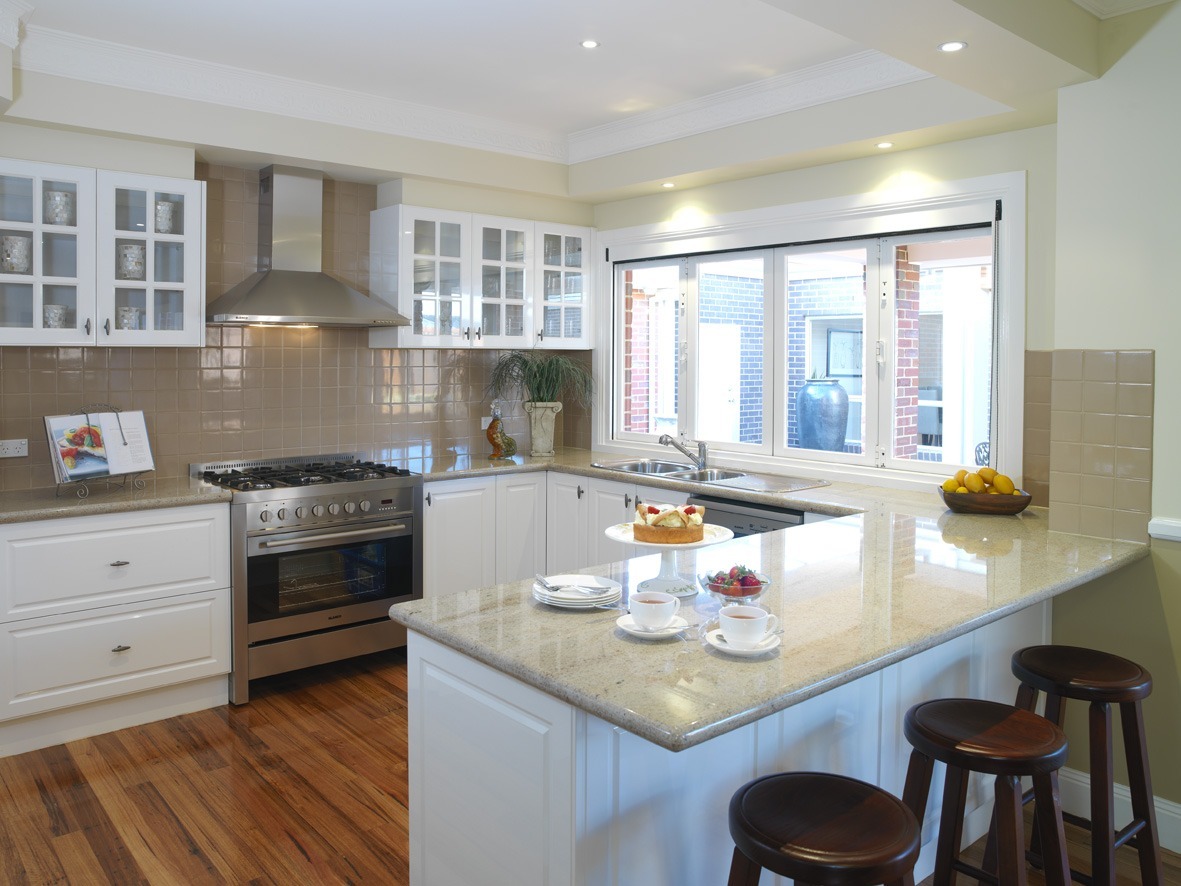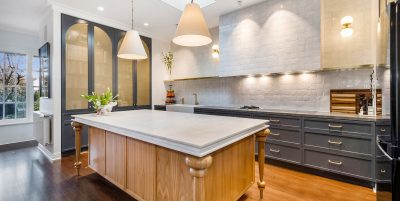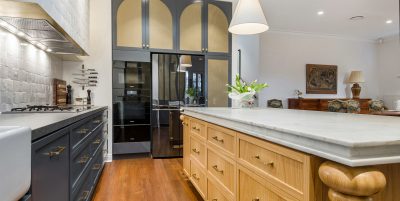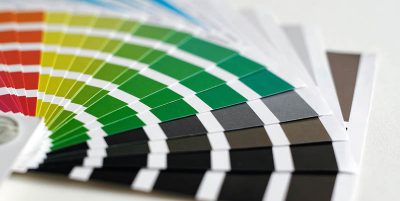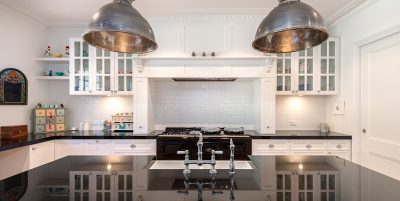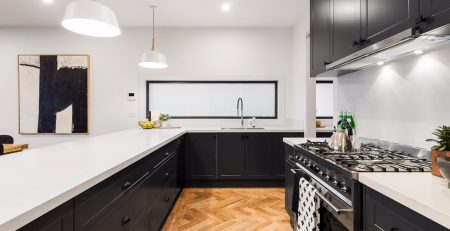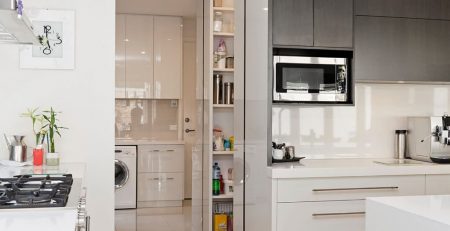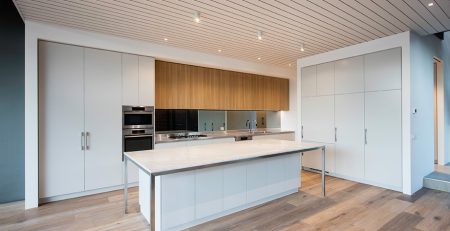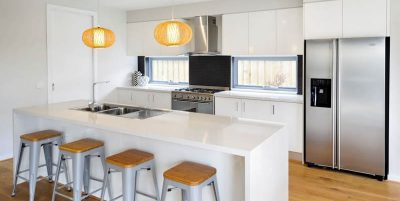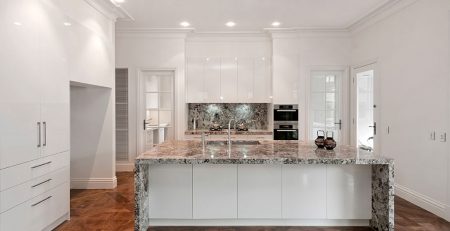Smart Kitchen Renovations: Investing in Value and Sustainability
Consumer waste reduction, clean energy, and environmental consciousness are on everyone’s minds. The planet’s climate crisis is driving significant change across the building industries, including contemporary kitchen design and installation.
Homeowners seek to use more sustainable and eco-friendly kitchen designs without compromising aesthetics and ensuring their choices enhance their home’s value.
This article will explore various smart kitchen renovation options that will ensure you reduce your ecological impact, reduce energy consumption, and optimise your kitchen’s sustainability in design, materials and operation. Read on to learn more.
Smart and Sustainable Kitchen Renovations
Reuse & recycle for kitchen renovations
Reusing and recycling are among the best ways in which the building industry can reduce waste. Melbournites are a progressive community, and using bespoke recycled materials is a growing trend. Not only do recycled materials help reduce waste, but they can also provide a one-of-a-kind kitchen aesthetic that brings added value to your property.
Examples of recycled kitchen renovation items for consideration may include:
- Recycled timber for kitchen benchtops, countertops and flooring
- Recycled glass countertops
- Quality used or refurbished appliances
- Reuse, renovated cabinet doors
- Renovating quality second-hand cabinetry
- Recycled Windows
- Recycled lighting
- Sinks and faucets
Recycled kitchen materials allow you to be ultra-creative while providing a more carbon-neutral and eco-friendly solution.
Energy-efficient kitchen appliances and utilities
One area of your kitchen renovation that may be worth investing in the new and improved is energy-efficient, smart kitchen appliances and utilities. While Grandma may still have her trusted old Westinghouse refrigerator running from the 1960s, you can be sure it’s a drain on the power grid and the home budget.
Ensure you pay attention to the energy-star ratings on your new appliances and utilities, such as:
- Refrigerators
- Dishwashers
- Ovens and cooktops
- Microwaves
- Rangehoods
- and more
Induction cooktops are becoming a popular cooktop option as they are very energy-efficient, provide precise temperature control, are easy to clean, and have a minimalistic and stylish aesthetic.
With rising energy bills country-wide, designing an energy-efficient kitchen ensures a lower impact on the planet and the pocket.
Go Solar
Solar energy and battery storage systems are potentially the best investments you can make to reduce your home’s energy consumption and get power from clean energy sources. Government and solar energy installation and rebate schemes across the country are designed to help more property owners access this abundant, cost-effective, clean energy source.
If your home isn’t already on solar power, looking into the schemes currently offered by local governments and providers in your community is worth looking into. Solar increases the value of your property, and can even make you money on days you are producing enough power to feed back into the community power grid.
Kitchen water-saving solutions
It is not just the amount of electrical energy your appliances use that contributes to your energy consumption. Clean water is Australia’s most valuable resource and should never be wasted unnecessarily.
There are a range of ways you can reduce water loss in your kitchen’s design, including:
- Integrating ultra water-efficient dishwashers
- Installing low-flow faucets and aerators
- Smart water flow and temperature controls
- Smart water metres
- Using rainwater systems where possible
- and more
Ensure you consult a cutting-edge kitchen designer who can provide you with all current water-saving options. Home water conservation is a rapidly advancing industry, and new solutions are always coming into the market.
Utilise natural light and ventilation
One of our homes’ most significant power consumers is our HVAC systems. If you are cooking during the Aussie summer, you will likely be maximising your power usage with kitchen and HVAC appliances operating all at once.
Some ways to naturally control light and ventilation in your kitchen include:
- Strategically placed windows
- Skylights
- Smart ventilation ducts
- And more
You may also consider installing double-glazed windows to improve insulation and reduce heat transfer, especially during hot Melbourne summers.
Optimising natural lighting and ventilation is energy-efficient and contributes to a healthier indoor environment, as it helps improve clean airflow and allows natural sunlight to kill off potentially hazardous microbes and pathogens.
Sustainable kitchen flooring
The flooring materials you choose can significantly impact the overall sustainability score of your kitchen design. Eco-friendly and ethical flooring options may include:
- Bamboo
- Cork
- Reclaimed timber
- Recycled floating floorboards
- Polished concrete
- And more
If you have an older property, you may be one of the lucky homeowners who lift old, faded linoleum to uncover beautiful hardwood floors just waiting to be given a new life—the best reuse materials can sometimes be the ones that are already in place.
Kitchen Waste-management
Incorporating streamlined waste management and composting systems into your kitchen design can be one of the most effective ways you can take pressure off our collective consumer waste management crisis.
Compost systems can help reduce the rubbish you send to landfills while providing a free source of garden nutrients. Making your composting systems and protocols as streamlined as possible can help your home’s occupants stick to compost waste practices.
Most of our consumable waste occurs in the kitchen, so efficient and effective separation of landfill waste and recyclables can also help make your kitchen more eco-friendly.
As of November 1 2023, Victoria has initiated a container deposit scheme for eligible glass and plastic bottles, offering 10c per unit at government container deposit facilities across the state—another good reason to provide your kitchen with a streamlined waste management system.
Other considerations for sustainable kitchen design
There are many things to consider when designing a sustainable kitchen renovation, and it is worth consulting an experienced kitchen design team to ensure you’ve covered all bases.
Some other important things for consideration include, but are not limited to:
- The durability of your materials
- The environmental impact of materials manufacturing
- Ethical manufacturing standards
- Ensuring eco-sustainable certifications are provided on materials
- Guaranteeing all materials and construction methods meet or exceed industry eco-standards
- Eco-friendly smart technology integration
- And more
Our award-winning H&H Cabinets Specialist and kitchen designers, fabricators and integrators have decades of combined experience and strive to remain on the cutting edge of sustainable, eco-mindful kitchen renovations Melbourne-wide.
If you are looking to create the eco-friendly kitchen of your dreams, call one of our experienced eco-kitchen consultants today at (03) 9808 4200, or send enquiry and contact details via our online contact form.

